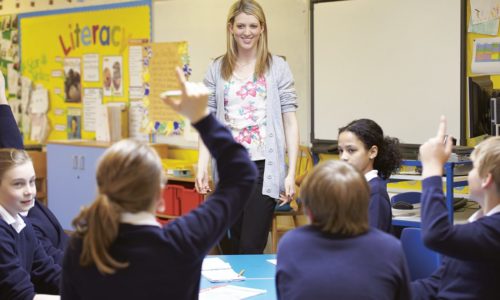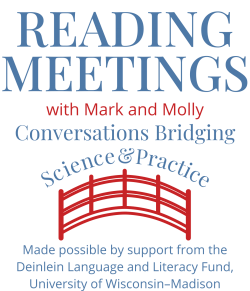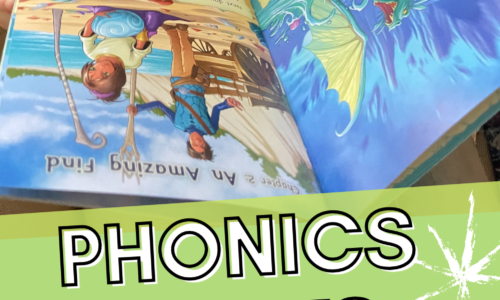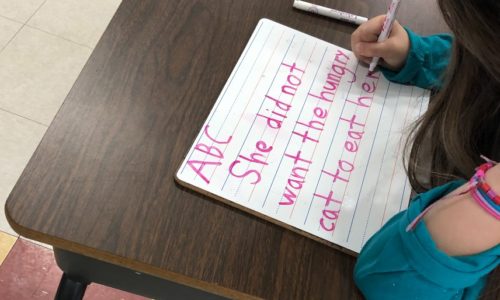As conversations about effective literacy instruction continue in schools and on social media, questions about the definition, use, and purpose of decodable texts inevitably arise. I’ve even heard these books described as a “battleground.” I recently watched a presentation on literacy to the school committee in a local district, where phonics teaching is currently layered…
Read MoreWhat is the role of decodable texts?
Posted on in Approaches to Teaching Reading, Decodable Books, Learning to Read, Reading Resources, Science of Reading and tagged alphabetic principle, Article, beginning readers, decodable books, decodable texts, Education research, literacy instruction, Phonics, Science of Reading, self teaching hypothesis, structured reading instruction, struggling readersLeave a Comment on What is the role of decodable texts?






